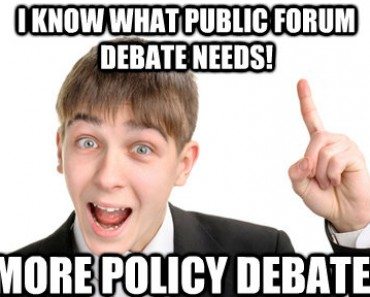Telecommunications Companies Stance
Companies like AT&T and Verizon support the FCC’s move to rescind reclassification of broadband. In September, a group representing AT&T, CenturyLink, Verizon, and other telecom companies formally petitioned the U.S. Supreme Court to overturn net neutrality rules.
“The FCC is not talking about killing the net neutrality rules,” said Verizon general counsel Craig Sillman in a video explaining the company’s position. “In fact not we nor any other ISP are asking them to kill the open Internet rules. All they’re doing is looking to put the open Internet rules in an enforceable way on a different legal footing.”
That view is shared by other telecom companies. Charter, which acquired Time Warner Cable in 2016, said it would “not block or throttle Internet traffic or engage in paid prioritization” at the time of that deal. And Comcast says it supports net neutrality even as it rejects the FCC’s 2015 reclassification of broadband as a common carrier service.
“We have stated on numerous occasions that we believe legally enforceable rules should continue to include strong transparency, no blocking, and anti-discrimination provisions,” the Philadelphia company said in a statement. “We don’t prioritize Internet traffic or have paid fast lanes, and have no plans to do so.”
In the end, it’s a political issue.
Did you notice any simularities in the statements made by Google and Comcast? Both companies say they reject blocking, throttling, and paid prioritization for Internet users. The disagreement is over how to enforce it. Should the FCC regulate broadband Internet, or leave market players to do it? Are existing common carrier provisions the best way forward, or is new and different regulation the answer? It’s as political a battle as it gets.
The FCC plans to vote on the issue Dec. 14.









